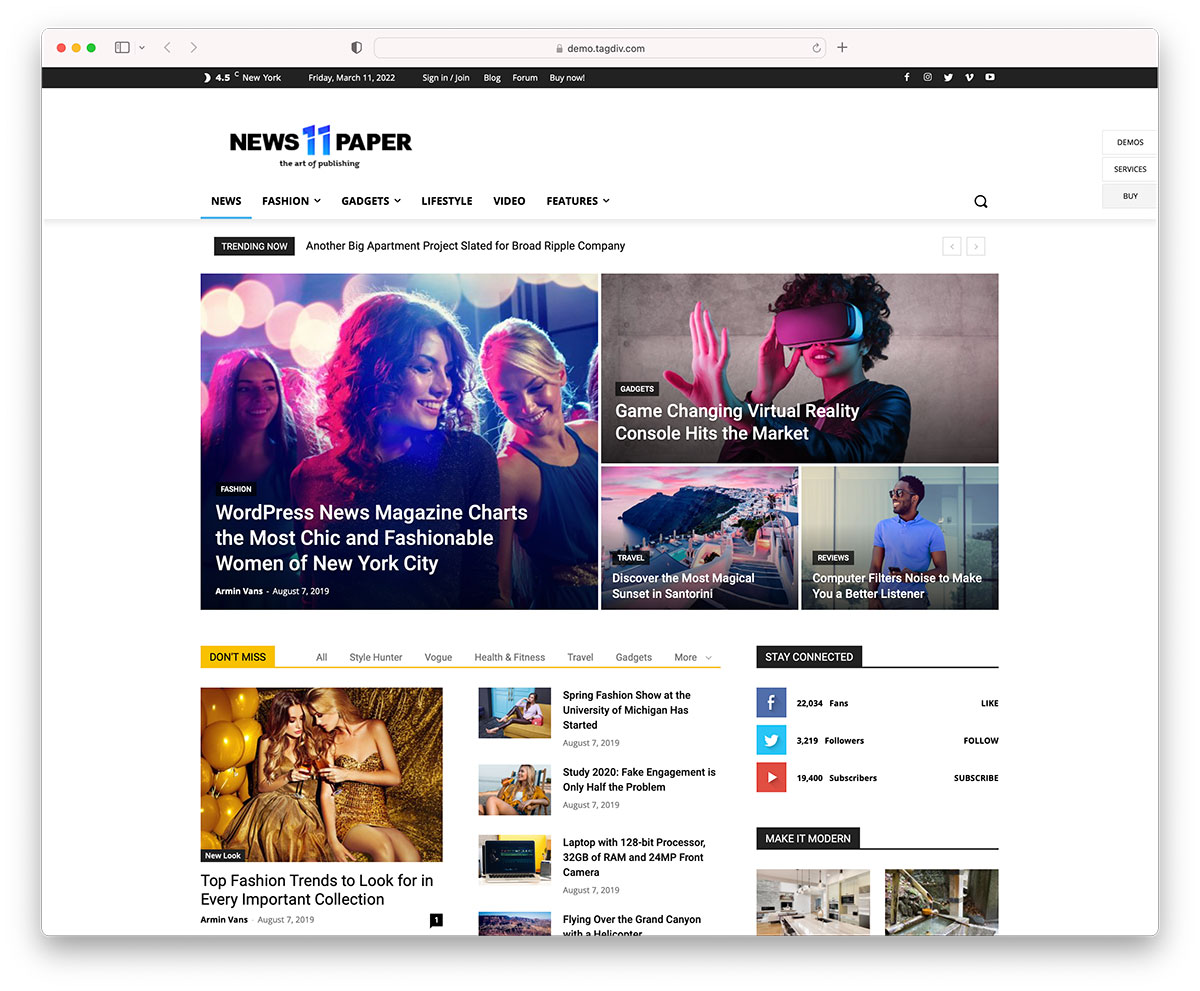Getting The Popular News To Work
Getting The Popular News To Work
Blog Article
Popular News Things To Know Before You Buy
Table of ContentsThe 25-Second Trick For Popular NewsPopular News for BeginnersNot known Details About Popular News A Biased View of Popular NewsThe Definitive Guide to Popular News
HELOCs, on the various other hand, provide you with an opportunity to obtain even more cash at lower rates of interest for longer durations. "Typically, a HELOC will certainly be much more flexible than a personal car loan, and they frequently lug a reduced rates of interest," states Whitehead. He includes, "In my experience, people who don't own a home, get a personal loan when they need money, and those that have a home will utilize a HELOC or similar kind of funding when they remain in the same spot." A is a kind of home loan that involves re-financing your current home loan for more than you owe and taking out the difference in cash (Popular News).It permits you to borrow against your equity through a round figure amount or installation payments. Lenders do not require payments as long as the residence remains your key house, however interest and charges accumulate as long as you have an exceptional equilibrium. A HELOC can be better since you don't need to be at the very least 62 and it permits you to obtain on an as-needed basis.
If you have less-than-perfect credit, you could be considering a. However, they're typically relatively little and pricey. Some states have actually even regarded them predative and illegal. If you have a home and have adequate equity, a HELOC can supply a much better service. HELOC lenders frequently have adaptable eligibility demands like cash advance lenders yet provide larger finances, lower rate of interest and longer settlement terms.
Loan providers provide all of the above benefits in exchange for a lien on your home. That suggests if you don't make all your settlements promptly, your home could enter into foreclosure. Therefore, it's crucial to be positive that you can make your HELOC repayments on schedule and as agreed.
Examine This Report on Popular News
To get the finest bargain, make certain to look around and compare factors like lending quantities,, costs, settlement periods and interest prices.
The big child boom generation is getting to retirement age (numerous are already there), older individuals are living much longer, and there are fewer younger individuals going into the labor force to pay right into the system. Excess monies have been put into a count on fund for many years, and the system will have to begin dipping into these funds within a year or 2.
At that point, 58% of senior citizens said Social Protection was a major income source, basically the like today. In each of the past 17 years, Social Security has topped the listing of major income sources for retirees. A vital aspect of Social Safety and security is (Popular News). Essentially, the lower the general earnings a retired person records, the more crucial Social Protection is as a component of that earnings.

Popular News Fundamentals Explained
A Quinnipiac survey earlier this year showed that less than half of Americans, 45%, thought that the Social Protection system would certainly have the ability to pay "an advantage" when they were eligible to receive it ("a" benefit might in theory be as reduced as a buck a month, certainly). A Bench Research poll last December showed that 16% of Americans thought there would suffice cash to provide advantages to older Americans when they prepared to retire, one more 42% stated there would certainly have to be reduced advantages, and 42% claimed there would not be sufficient cash in the system for them when they retired.
More than 6 in 10 of those under 50 assumed that they would certainly not be able to receive an advantage. This is not new. Some 36 years back, a Gallup analysis reported that "63% of employed Americans were terrified they could not obtain advantages at all when they got to retired life age, while an additional 16% thought benefits could not be just as good as they are now." Americans' concern regarding Social Security in the future is also evident from Gallup's yearly April study asking nonretirees to forecast exactly how crucial a resource of retirement earnings Social Safety and security will certainly be when they retire.

The Ultimate Guide To Popular News
Earlier this year, Social Protection ranked 4th in relevance to Americans out of a listing of 12 feasible concerns for the head of state and Congress to deal with, behind only education, healthcare and the economic situation. This placed it ahead of various great post to read other problems dominating the political discussion today, including immigration, environment change and earnings inequality.
Older Gallup poll study found that a bulk of Americans agreed with just two prospective changes out of the list checked-- restricting benefits for wealthy retirees and requiring higher-income workers to pay more into Social Safety. A study (PDF download) done for the National Academy of Social Insurance likewise showed support for increasing the earnings cutoff factor where workers no more pay into the system.
A Quinnipiac survey previously this year revealed that much less than half of Americans, 45%, thought that the Social Safety and security system would be able to pay "an advantage" when they were qualified to obtain it ("a" advantage can in concept be as low as a buck a month, certainly). A Bench Research study survey last December showed go to my site that 16% of Americans thought there would suffice money to provide benefits to older Americans when they were ready to retire, another 42% said there would certainly need to be reduced benefits, and 42% claimed there would certainly not be adequate cash in the system for them when they retired.
How Popular News can Save You Time, Stress, and Money.
Well over six in 10 of those under 50 thought that they would not be able to receive an advantage. Americans' concern about Social Security in the future is also obvious from Gallup's annual April study asking nonretirees to project how important a source of retirement income Social Protection will certainly be when they retire.
At the same time, Social Protection is rarely a top-of-mind worry for the average American, either. The crisis in Social Safety is not brewing, checks are still arriving, and less than one-half of 1% of Americans mention Social Protection when we ask the public, month after month, to call the most important issue facing the country.
Earlier this year, Social Protection rated 4th in significance to Americans out of a checklist of 12 feasible priorities for the head of state and Congress to take care of, behind only education and learning, health care and the economic climate. This placed it ahead of other concerns dominating the political discussion today, including immigration, environment change and revenue inequality.
Older Gallup poll study located that a majority that site of Americans concurred with just two possible changes out of the listing examined-- limiting advantages for rich retired people and calling for higher-income employees to pay more into Social Safety and security. A survey (PDF download) done for the National Academy of Social Insurance likewise revealed assistance for raising the earnings cutoff factor where employees no more pay into the system.
Report this page